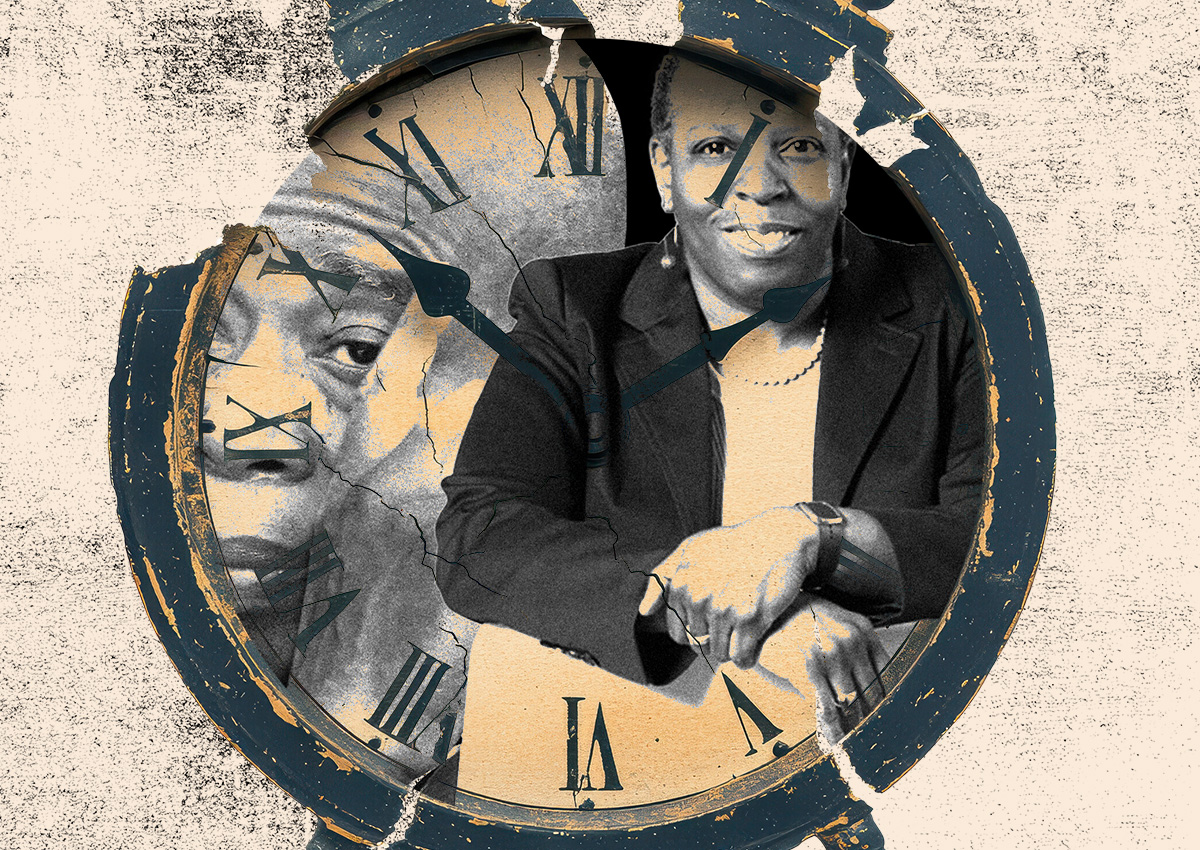A
real estate-backed group, Tax Equity Now New York (TENNY), is pushing a state court to force New York City to change its property tax assessment methods. TENNY filed a motion for summary judgment in its lawsuit against the city, arguing that the current system disproportionately taxes communities of color and gentrifying neighborhoods.
The city's deadline for finalizing property tax assessments is looming, with notifications set to be sent to property owners by February 20 if their assessment has increased. TENNY claims the city should not use the same methodology to assess certain properties after a court ruling last year.
In March, the state's highest court revived TENNY's eight-year-old lawsuit, finding that the city had violated federal and state laws governing property assessments. The court held that the city must adjust its assessment ratio to account for caps on how much assessments can increase, which suppresses the assessments of properties in gentrifying areas.
TENNY argues that the city is not complying with this directive, particularly when it comes to assessing condos and co-ops as if they were rent-stabilized buildings. This results in lower tax rates for these properties, while other classes of buildings bear a higher tax burden.
The group points to examples of how ritzy co-ops have been assessed using rent-stabilized buildings, including 998 Fifth Avenue, which was compared to a rental building at 945 Fifth Avenue. The city's Department of Finance assigned the latter a lower assessment value than the former, despite its higher market value.
TENNY claims that this practice disproportionately benefits wealthy property owners while perpetuating inequities within the tax system. The group is seeking to force the city to change its assessment ratio and how it values condos and co-ops.
The city disagrees, arguing that the court's decision was not a mandate and that its administration of the tax system is consistent with state law. TENNY's motion only applies to the state law claims related to adjusting the assessment ratio and how condo and co-ops are treated, while the Fair Housing Act allegations will be addressed separately.
For years, lawmakers have acknowledged the need to reform the city's property tax system, but significant changes have been hindered by a lack of political will and coordination between city and state governments. TENNY's motion is seen as a step towards making the tax system more fair, even if it means some owners seeing an increase in their tax bills.














